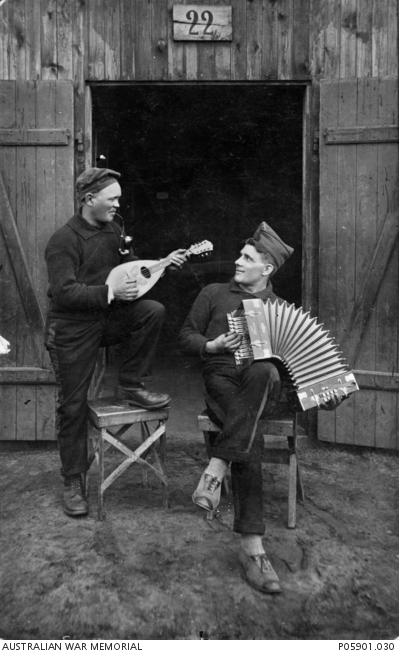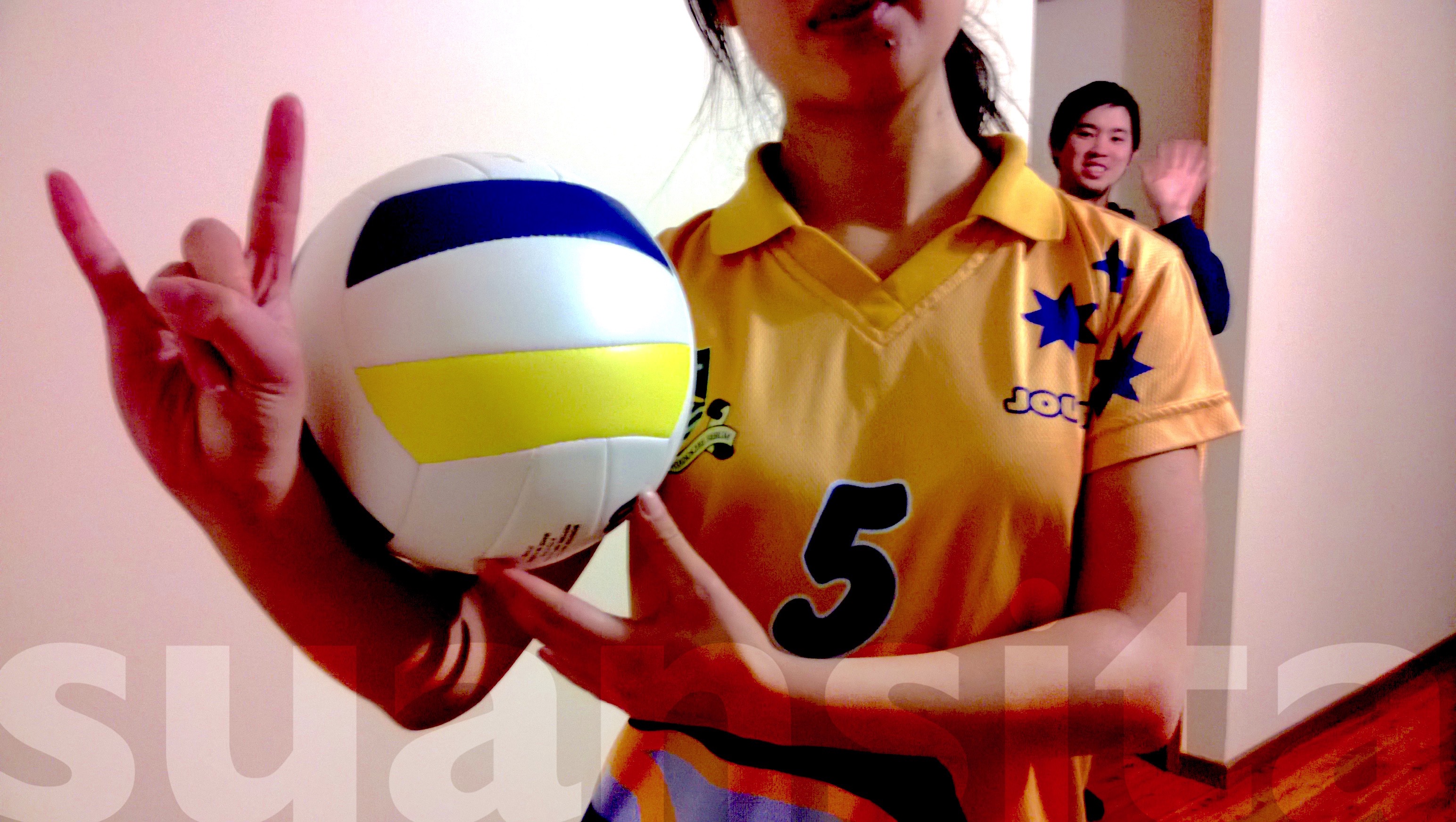
Article 72 of the Third Geneva Convention (on the rights of Prisoners of War) specifies that POWs must be allowed musical instruments. The reason? So that they can “pursue their studies or their cultural activities.”
Given that law – particularly international law – can be notoriously technical, simultaneously wordy and empty, this little detail reminds me that law can also be beautifully simple and human.
Quite aside from its normative and aspirational functions, law can preserve shreds of humanity even in something as destructive and dehumanising as war.
Law can do this – but does it?
I’m deeply aware that as I write this, all around the world humanitarian law is being broken left, right and centre. I’m not sure today’s POWs are safe from torture or getting enough water to drink, let alone a banjo to play. And as for civilians, don’t ask me about the families stuck in Syria or locked up on Nauru.
But as bleak as the picture looks, I feel a responsibility to hope. Because hope is what will drive the actions that lead to justice, even when that path seems impossible.
Because hope, too, is deeply human. And, when it is well-founded and proactive, hope works – even when the law doesn’t.



